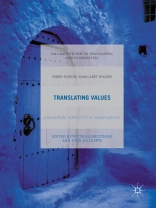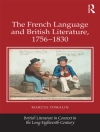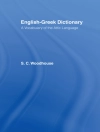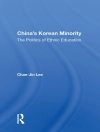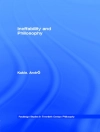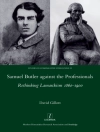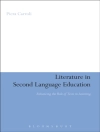This collection explores the central importance of values and evaluative concepts in cross-cultural translational encounters. Written by a group of international scholars from a diverse range of linguistic and cultural backgrounds, the chapters in this book consider what it means to translate cultures by examining core values and their relationship to key evaluative concepts (such as authenticity, clarity, home, honour, or justice) and how they influence the complex multidimensional process of translation. This book will be of interest to academics studying cross-cultural and inter-linguistic interactions, to translators and interpreters, students of translation and of modern languages, and all those dealing with multilingual and multicultural settings.
Tabella dei contenuti
Introduction.- Chapter 1: Who Wants Walls? An Ethnolinguistics of Insides and Outsides.- Chapter 2: Emotional Valuation: Values and Emotions in Translation.- Chapter 3: Alternative Evaluative Concepts to the Trinity of Bible Translation.- Chapter 4: Submission and Its Conflicting Value Systems: A Case Study.- Chapter 5: Re-examining Islamic Evaluative Concepts in English Translations of the Quran: Friendship, Justice and Retaliation.- Chapter 6: English Evaluative Concepts in a Contemporary Devotional Christian Text. A Comparative Study of Dzienniczek by Faustyna Kowalska and Its English Translation.- Chapter 7: Clarity, Soberness, Chastity: Politics of Simplicity in Nineteenth-Century Translation.- Chapter 8: Letters to Italy: Translation and Religion in Nineteenth-Century Ireland.- Chapter 9: Improving the Public: Translating ‘Protestant’ Values through Nineteenth-Century Bilingual Print Journalism in South Asia .- Chapter 10: Translating Protestant Christianity into China – Questions of Indigenization and Sinification in a Globalised World.- Chapter 11: Translating the Past: the Moral Universe of Calderón’s Painter of Dishonour.- Chapter 12: Beckett as Translator of Beckett: the Transmission of (Anti-?) Religious Concepts.- Chapter 13: Vulnerable Values: The Polish dom (‘house, home’) in English Translation.- Chapter 14: Smart Dreamers: Translation and the Culture of Speculative Fiction.- Chapter 15: Translation as an Evaluative Concept.
Circa l’autore
Piotr Blumczynski is Lecturer in Translation and Interpreting at Queen’s University Belfast. His research and teaching focus on translation theory and practice, translation of sacred texts, ethics, ethnolinguistics and cognitive semantics. He has published two monographs:
Doctrine in Translation (2006) and
Ubiquitous Translation (2016). He is Associate Editor of the journal
Translation Studies.
John Gillespie is Professor of French Language and Literature (Emeritus), a member of the Arts and Humanities Research Institute and a former Head of Languages and Literature at Ulster University. Apart from translation studies, his research interests include Gide, Sartre (he is co-editor of
Sartre Studies International), Camus, existentialism, the interactions between literature, philosophy, theology and belief in twentieth-century literature and culture, and applied linguistics.
